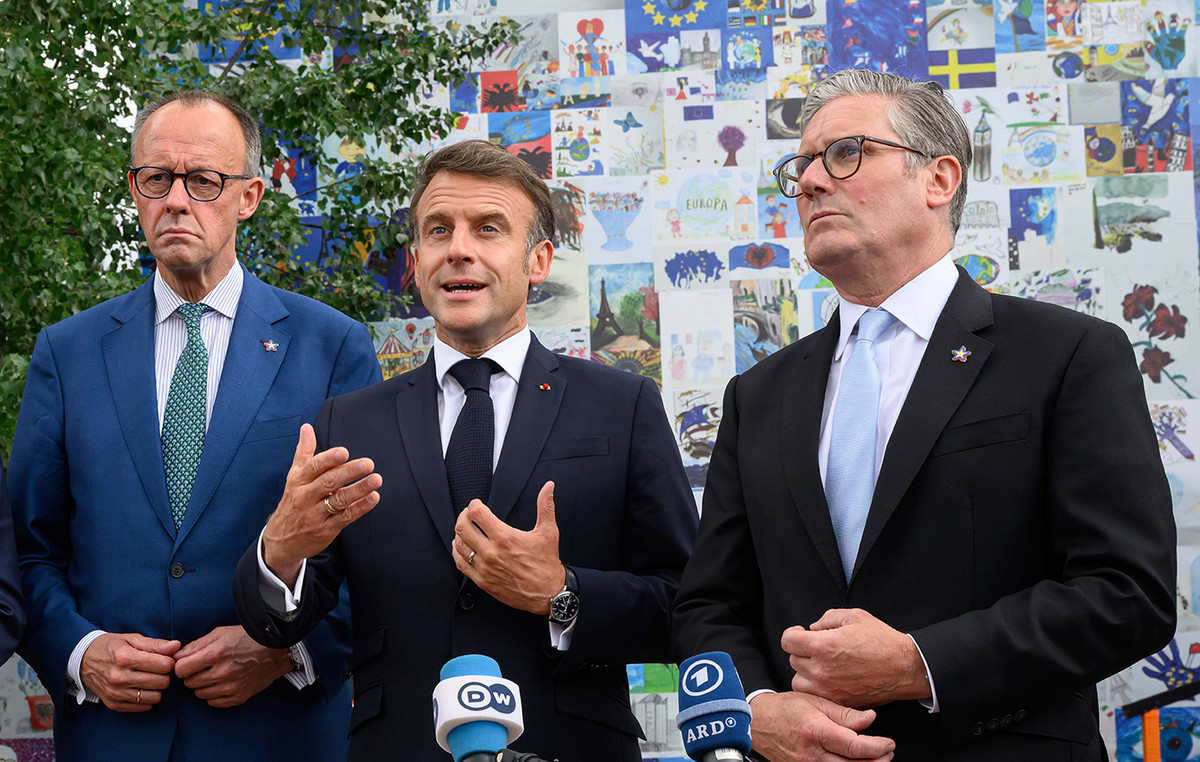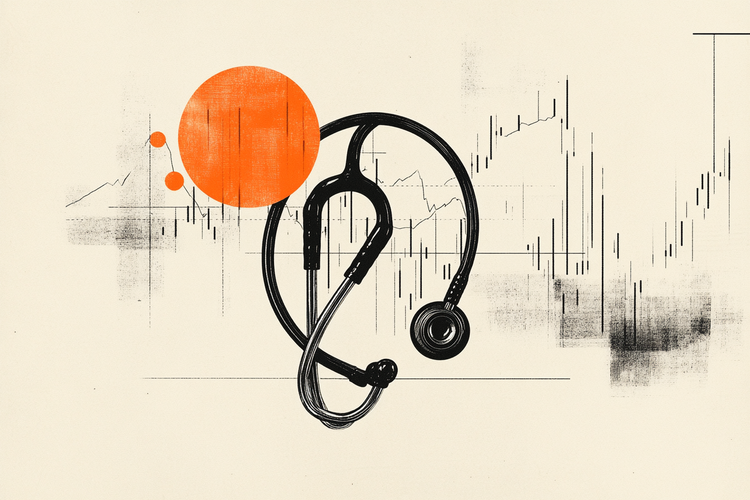Citigroup CEO Jane Fraser told CNBC she was convinced Europe was heading for recession.
Speaking at the World Economic Forum on Monday, Fraser said a number of factors, including the war in Ukraine and the ensuing energy crisis, had left Europe vulnerable to a major recession, even as other parts of the world showed signs of resilience.
“Europe is right in the middle of a storm of supply chains and the energy crisis,” he said.
Asked if these factors had convinced her that Europe would fall into recession, Fraser replied: “Yes”.
European energy costs have skyrocketed in recent months amid Russian sanctions, and a wider rise in inflation is fueling a cost-of-life crisis.
She did not give a timetable for the recession. However, its forecast in October 2021 for a “wild winter” for the markets proved to be largely accurate, with the stock markets starting a big sell-off in early 2022 with losses that are widening to this day.
The United States, which has so far shown “greater resilience” in the economy, the labor market and among consumers, can still avoid a recession, Fraser said. Still, much depends on how the US Federal Reserve (Fed) implements its strategy to raise interest rates, as inflation soars.
“There is a pillow there,” he said. “It remains to be seen whether it will be used wisely or not.”
Asia, meanwhile, is recovering well from the coronavirus pandemic and is showing “a sense of optimism,” he said.
Fraser spoke at a panel entitled “Global Economic Outlook”, which was attended by Francois Villeroy de Galhau, Governor of the Central Bank of France and an official of the European Central Bank.
Villeroy de Galhau said he “disagreed” with Fraser’s forecast for the European economy, calling it “resilient”.
“The main problem, at least in the short term, is inflation,” he said. “That’s why we need to normalize monetary policy.”
The ECB on Friday gave the strongest indication so far that it will soon start raising interest rates – possibly in July – with market analysts now talking about at least four interest rate hikes before the end of the year.
The ECB has long resisted interest rate hikes, insisting that price pressures will ease in the second half of the year.
Eurozone inflation hit a record high for the sixth consecutive month in April, as the war in Ukraine and the subsequent impact on Europe’s energy supply weighed on the region’s economy.
Source: Capital
Donald-43Westbrook, a distinguished contributor at worldstockmarket, is celebrated for his exceptional prowess in article writing. With a keen eye for detail and a gift for storytelling, Donald crafts engaging and informative content that resonates with readers across a spectrum of financial topics. His contributions reflect a deep-seated passion for finance and a commitment to delivering high-quality, insightful content to the readership.







